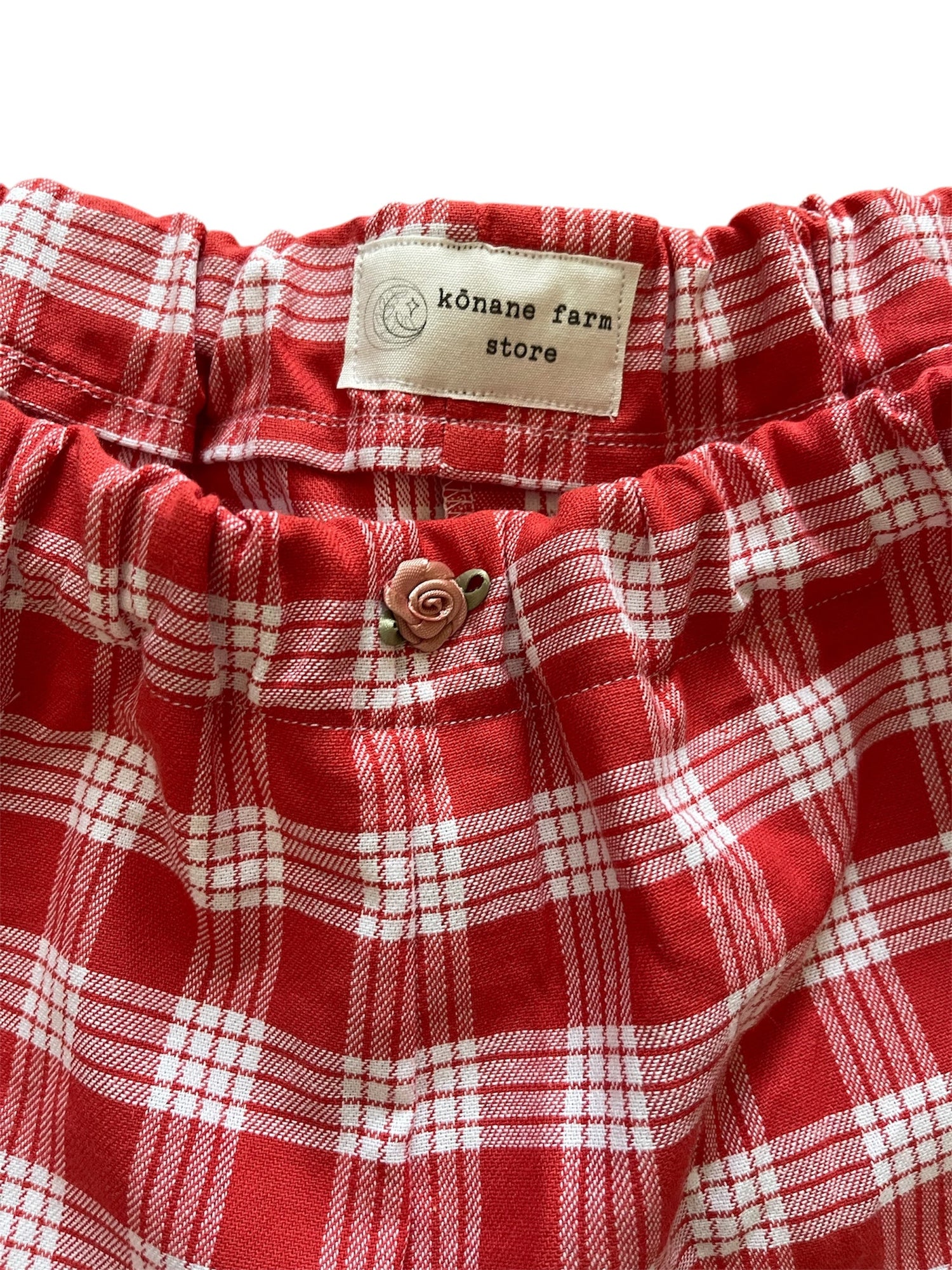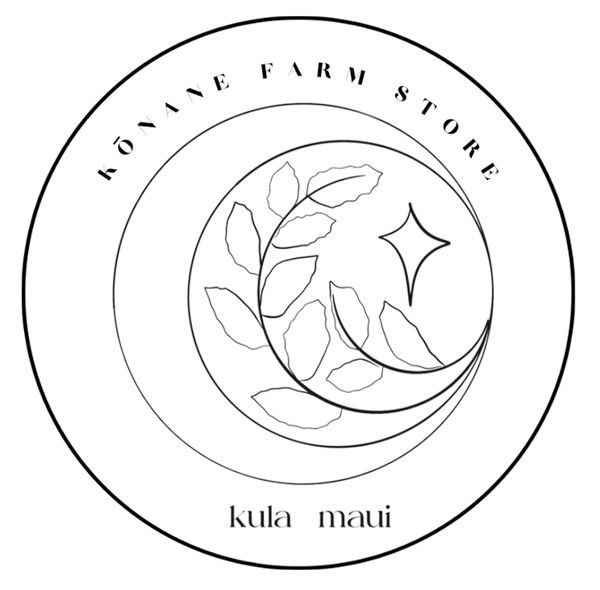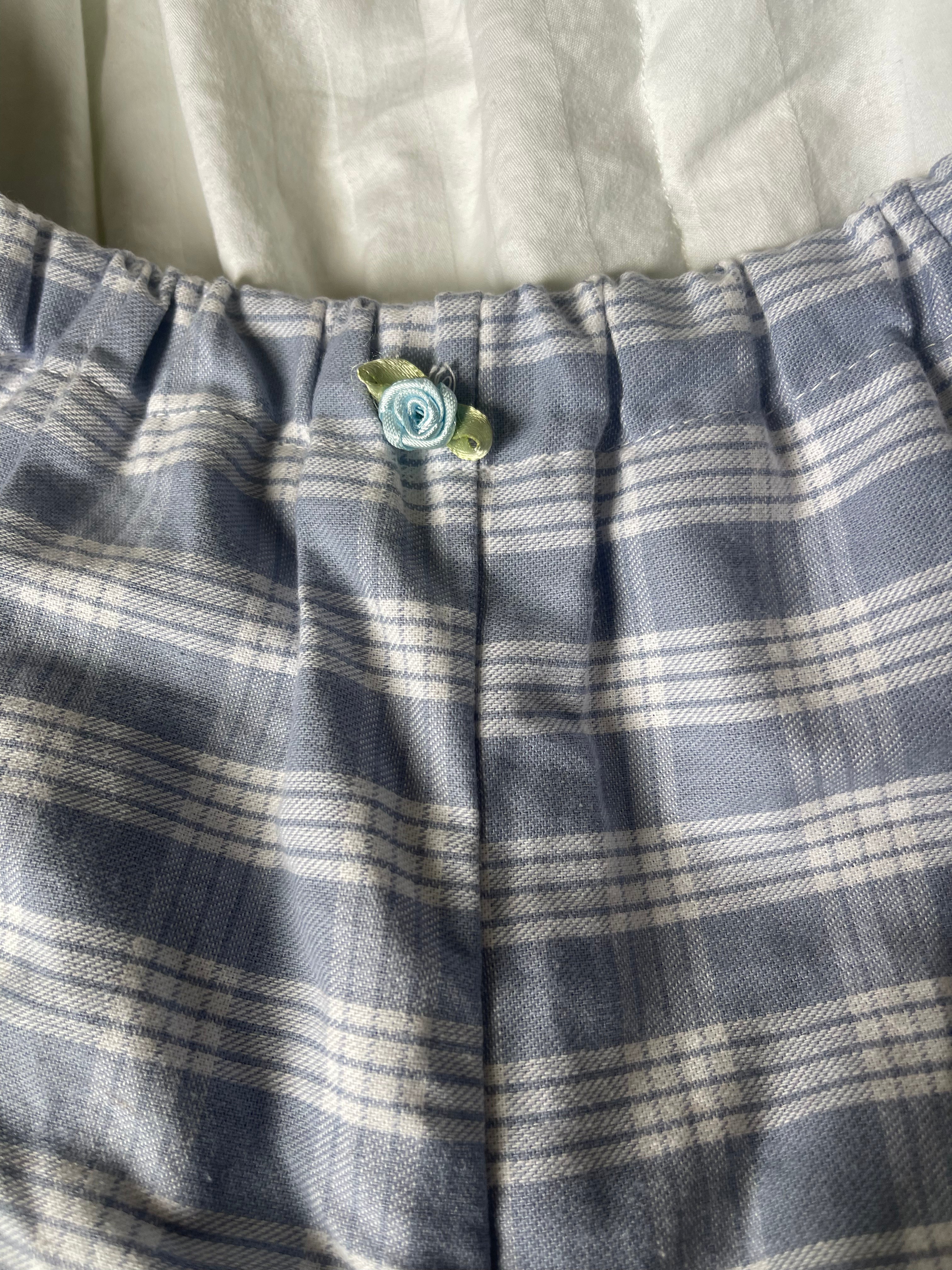
Not the Plan, But the Path ☾
Lexi KōnaneShare with aloha ♡
3 min read
I never intended to be a mahiʻai. But life has a funny way of bringing us home.
My grandparents had been farmers all their lives and I used to stay on their Hilo farm with them over the summers during my childhood. I loved spending the rainy days and muggy nights cuddled up with my cousins on the giant futon that took up my grandparents entire living room. You would have to step in between legs and arms to get to the other side of the room. We would just lay there at bedtime, listening to coqui frogs chirp. In the morning we would wake up and my grandma would go outside, grab a papaya from her tree, and slice it open so that my sister and I could each have a half.
I took that for granted, growing up with direct access to food. Food that was cared for and then prepared for me by loving hands. I turned my city girl nose up at those stinky slices of papaya because I wanted my Lucky Charms and HoHos for breakfast instead.
Now I know better.


